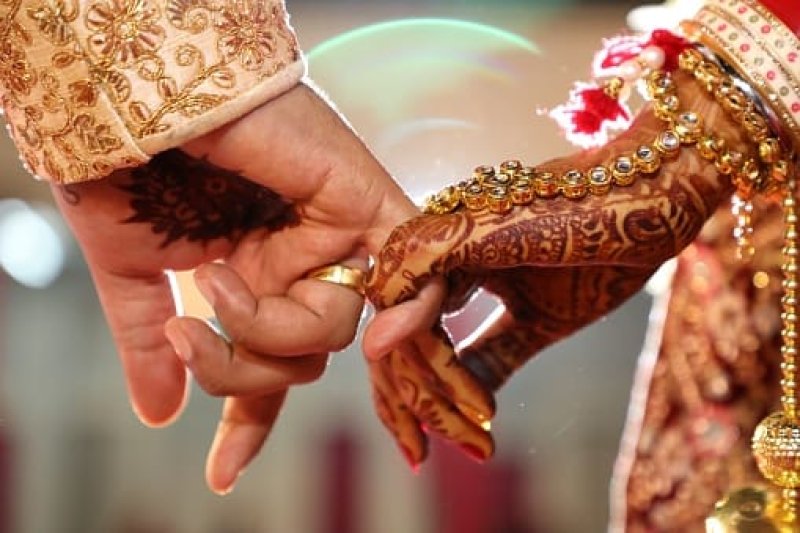
From death certificate to marriage certificate

This is how science and activism have turned stigma into happily-ever-after stories.
Tarun (name changed), a Mumbai resident, was diagnosed HIV-positive and was only given 30 days to live.
He defied the prognosis, and has been living with the virus for 23 years now. But back in 2002, the news that someone had tested positive for HIV was nothing short of a death sentence.
And, before the virus killed, social rejection and emotional distress killed those with HIV.
Tarun has been leading a near-normal life for 23 years, thanks to advancements in antiretroviral therapy (ART), family support and peer network.
HIV-positive individuals now have a lifespan that is close to that of uninfected people. It is now, more than ever, that they are seeking companionship for the long road.
Tarun, now 46, is healthy, married, and living what he calls "a full life".
His wife, Anushka (name changed), is also HIV-positive. Together, they are parents to a biological daughter, who is HIV-negative, and an adopted son.
It must be noted that India had an estimated 23.48 lakh people living with the virus in 2019 – the third-highest burden of HIV in the world – according to a National AIDS Control Organisation (Naco) report.
Experts India Today Digital spoke to said the country today has around 2.5-3 million HIV-positive people, roughly a third of whom fall in the marriage bracket of 21-35 years.
"Today, more HIV-positive people are getting married compared to a decade ago," Anjali Gopalan, founder and executive director of The Naz Foundation (India) Trust, told India Today Digital.
"HIV-positive individuals are now even marrying HIV-negative people," said Gopalan, whose organisation has extensively worked with issues related to HIV/AIDS and sexuality for over three decades.
Sumi MK, advocacy officer with Mumbai-based Humsafar Trust, a support group for people living with HIV (PLHIV), also said that marriages among HIV-positive people are on the rise as compared to a decade ago.
For HIV-positive individuals, even the way of finding partners is seemingly shifting.
HIV-specific online matrimony platforms like HIVParichay.com and Positivesathi.com have emerged. Matrimony major Jeevansathi.com recently launched a section for HIV-positive brides and grooms.
However, experts and HIV-positive individuals told India Today Digital that most people from the community seeking partners do so offline, primarily through annual meet-ups organised by Naco. Experts said even the World Health Organisation (WHO) plays a small role in the meet-ups.


